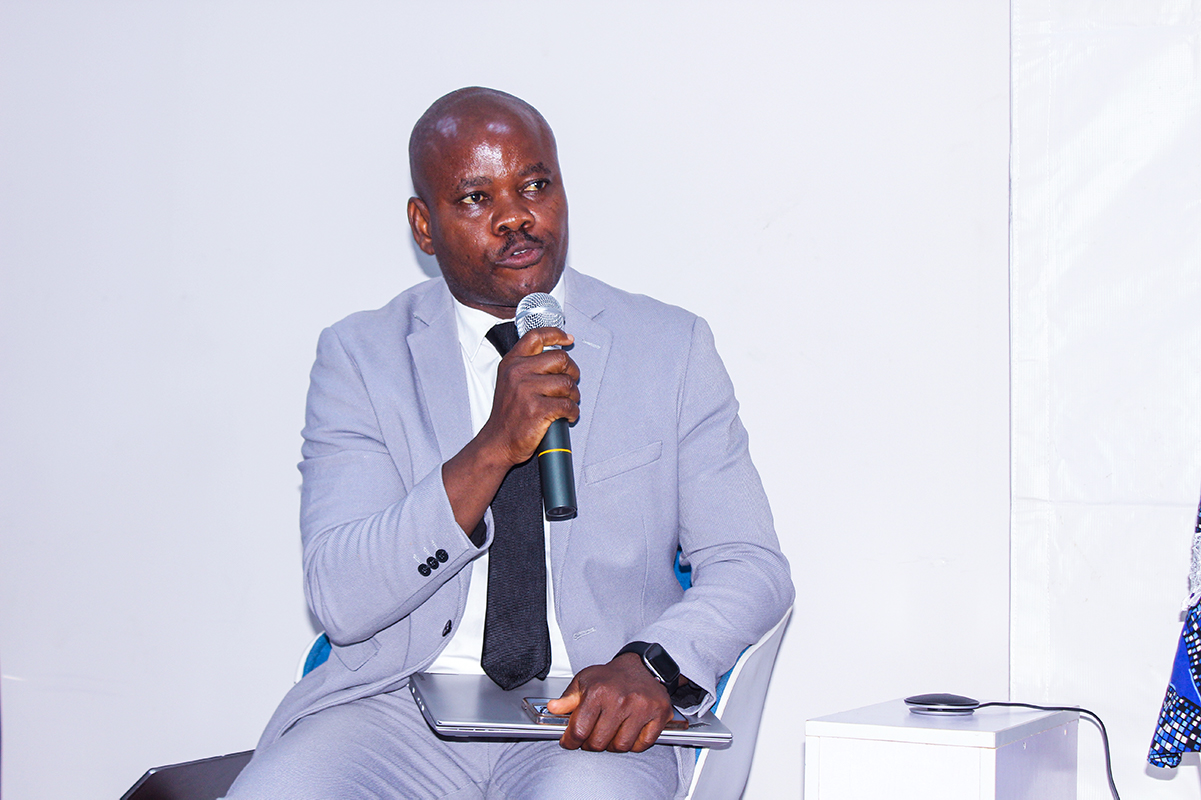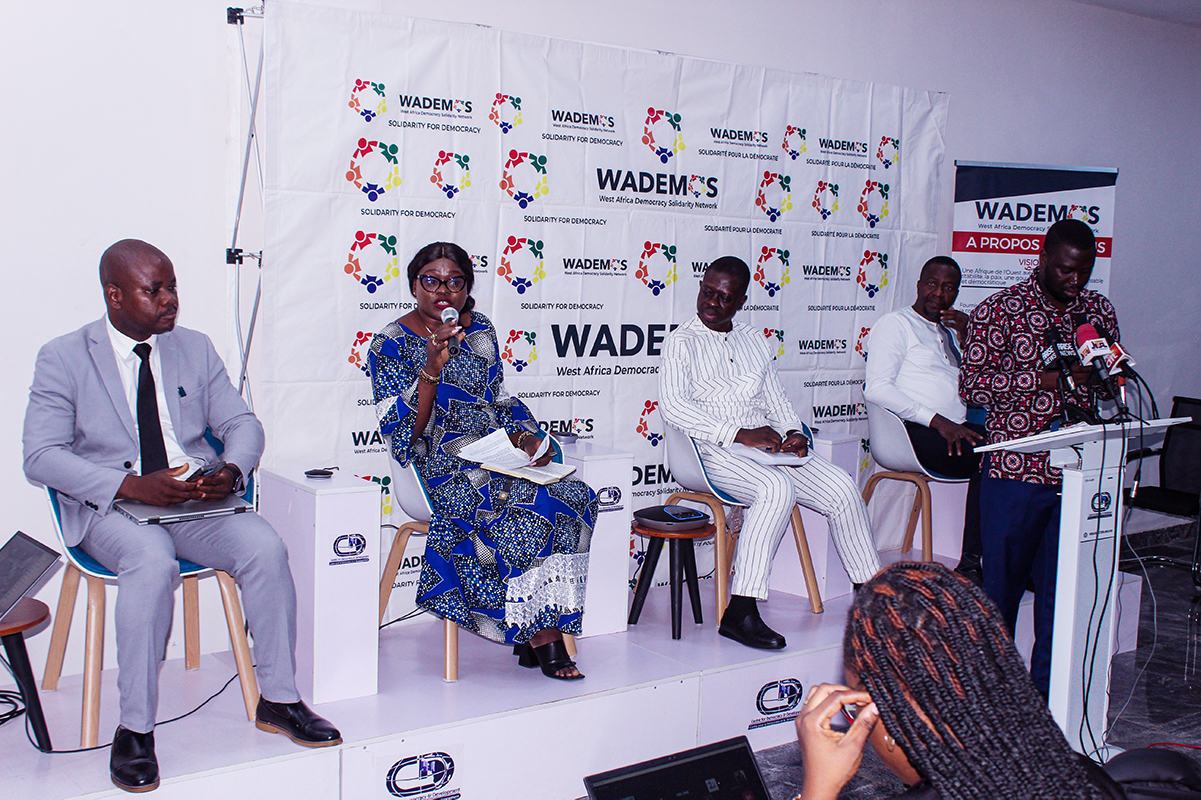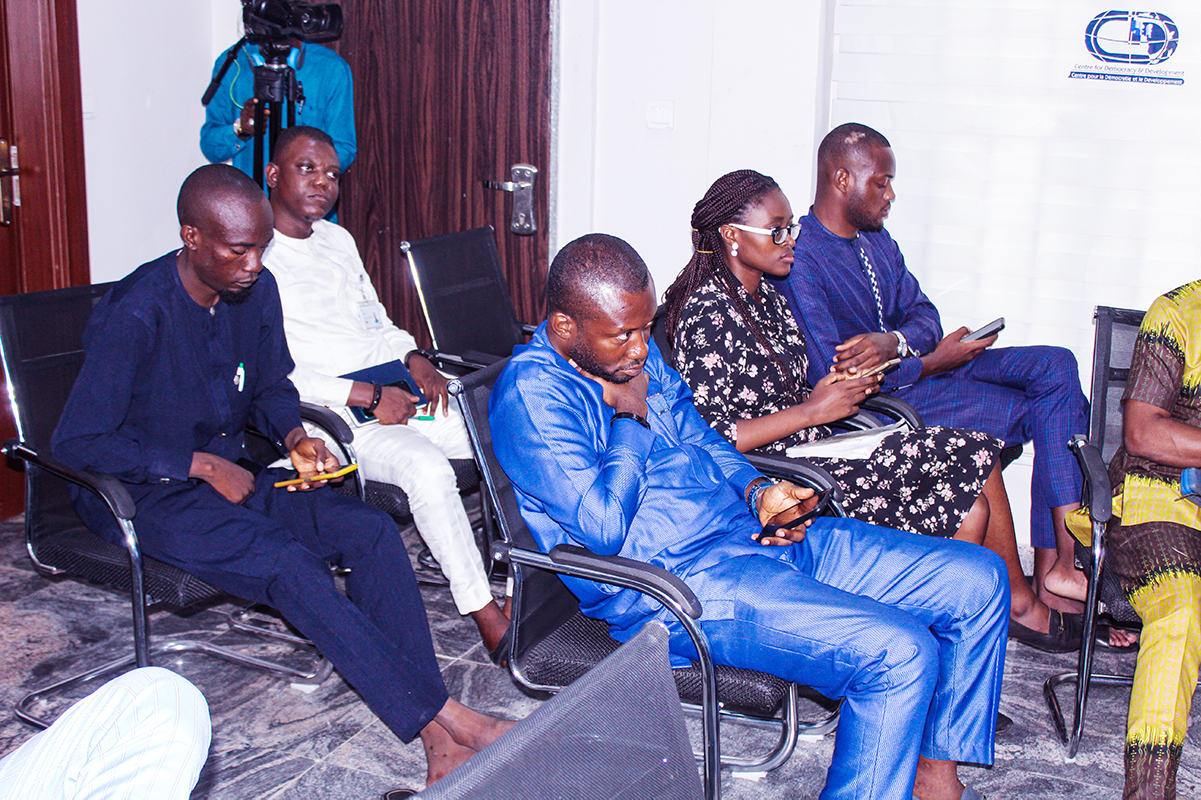The state of democracy in West Africa hangs in a precarious balance as civil society organizations (CSOs) and media outlets convene to address the alarming trend of democratic backsliding in the region.
At a recent engagement held in Abuja, ahead of the 65th Authority of Heads of State Summit, key stakeholders gathered to discuss the challenges facing democracy and explore strategies to safeguard democratic principles.
West Africa, once hailed as a beacon of democratic progress on the continent, has in recent years witnessed a resurgence of military coups and constitutional manipulations that threaten to unravel decades of hard-won democratic gains. The region’s history with democracy has been tumultuous, marked by periods of authoritarian rule, military interventions, and struggles for multiparty systems.
Garuba Dauda, director of the Center for Democracy Development (CDD), provided historical context to the current crisis.
“They were people who were the activists that wanted the sub-region to transcend to what we are seeing, and a lot of them were run out of this sub-region, staying in Europe and America,” Dauda explained.
He highlighted how the transition from one-party states and military regimes to multiparty democracies in the 1990s had given hope to pro-democracy advocates.
However, the optimism of those early democratic transitions has been tempered by recent setbacks.
ALSO READ: CDD West Africa ,NDI to Host Conference on Countering Disinformation
Austin Aigbe, head of Advocacy and ECOWAS human lead at the West Africa Democracy Solidarity Movement (WADEMOS), presented a sobering picture of the current state of affairs.
“Between 2002 and 2023, there have been 26 successful military coups in Africa, with 13 occurring in West Africa alone,” Aigbe reported. This statistic underscores the severity of the democratic recession in the region.
The past five years have been particularly turbulent, with Aigbe noting that “10 successful military coups have occurred in seven countries, with six of these taking place in West Africa.” Countries such as Mali, Guinea, Burkina Faso, and Niger have all experienced military takeovers, destabilizing the region and raising concerns about a potential domino effect.

Beyond outright military interventions, the phenomenon of “constitutional coups” poses a more insidious threat to democratic governance. Aigbe revealed that between 2002 and 2023, there have been 35 attempts to amend constitutions in 24 African countries, with a staggering 80% success rate. These amendments often serve to extend term limits, allowing incumbent leaders to remain in power beyond their original mandates.
The impact of these constitutional manipulations has been felt across West Africa. Countries like Côte d’Ivoire, Guinea, and Togo have experienced violence and unrest as a result of such maneuvers, effectively closing the space for competitive electoral politics and undermining the principles of democratic alternation of power.
The role of digital and social media in shaping democratic discourse was also a topic of discussion at the engagement. While these platforms have provided new avenues for civic engagement and political expression, they have also been weaponized to spread misinformation and propaganda. Aigbe cited the example of Burkina Faso, where social media has been used to paint a rosy picture of military rule while obscuring human rights abuses.
The human rights situation in countries that have experienced democratic backsliding is particularly concerning. In Burkina Faso, Human Rights Watch reported a horrific incident where soldiers killed at least 223 villagers, including 56 children, in two attacks in February of this year. Meanwhile, in Mali, several international media outlets have been suspended for reporting on human rights abuses, further restricting the flow of information and limiting press freedom.
Despite these challenges, the CSOs and media representatives at the engagement emphasized their crucial role in promoting and protecting democratic norms. Dauda called for a united effort, stating, “We need to put all our hands on the deck to ensure that what we want to see in the sub-region, we see democracy provides the opportunity to deliver development.”
ALSO READ: CSOs Engage Traditional, Religious Leaders To Combat Gender Based Violence
WADEMOS, as a solidarity movement for democracy, has positioned itself at the forefront of this struggle. The organization aims to mobilize resources and harness the voices of CSOs, young people, diaspora communities, and social movements to advocate for human rights, respect for the rule of law, and good governance.
The engagement also touched on the upcoming ECOWAS summit, where regional leaders are expected to address these democratic challenges. There are calls for ECOWAS to review its protocols and normative frameworks to strengthen the region’s capacity and resilience for democracy, peace, and security.
As West Africa grapples with these democratic setbacks, the role of CSOs and media in fostering democratic culture becomes ever more critical.
“CSOs have the content, media has the platform,” Aigbe noted, highlighting the symbiotic relationship between these sectors in promoting democratic values.
The path forward for democracy in West Africa remains uncertain, but the engagement demonstrated a strong commitment from civil society and media to continue their advocacy work.
As the region faces this critical juncture, the collective efforts of these stakeholders may prove crucial in reversing the tide of democratic backsliding and reaffirming the principles of good governance, human rights, and the rule of law.


























